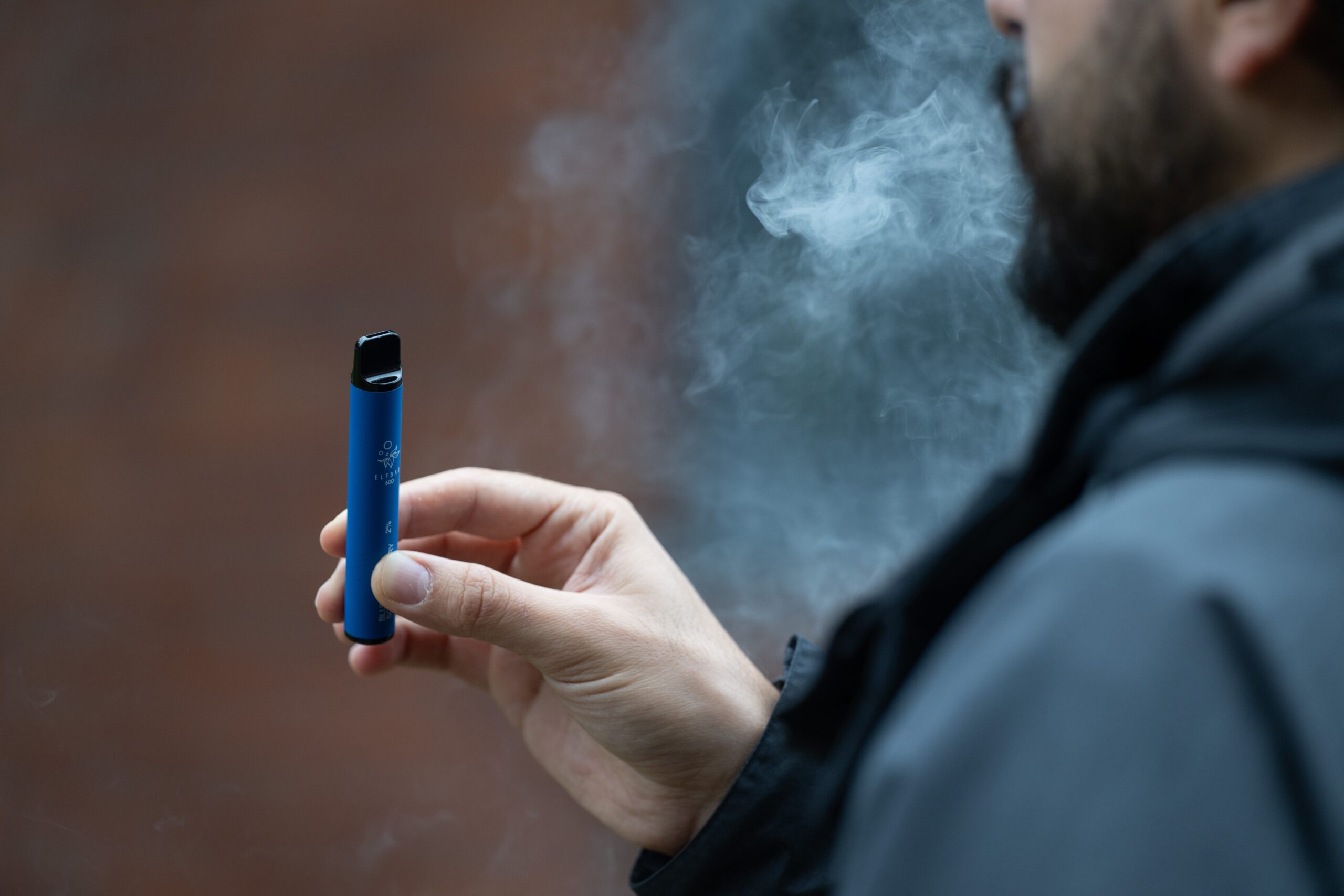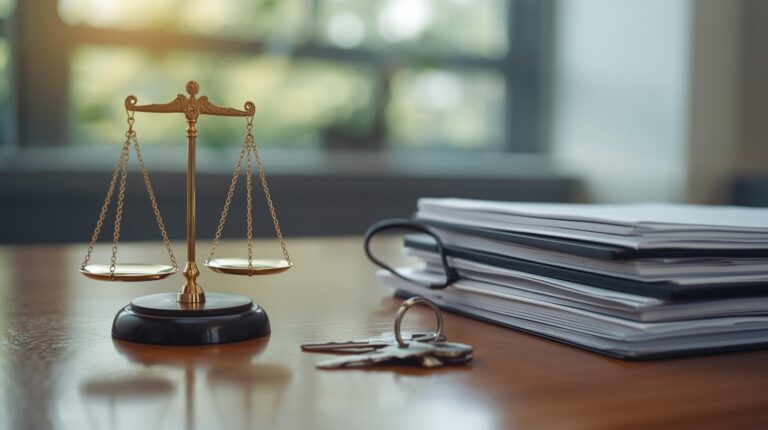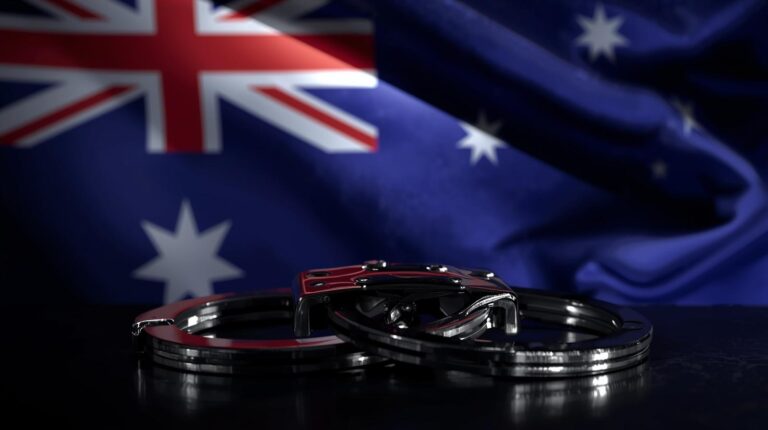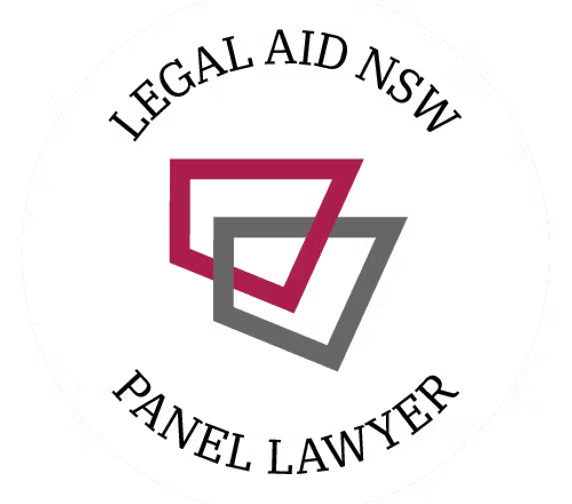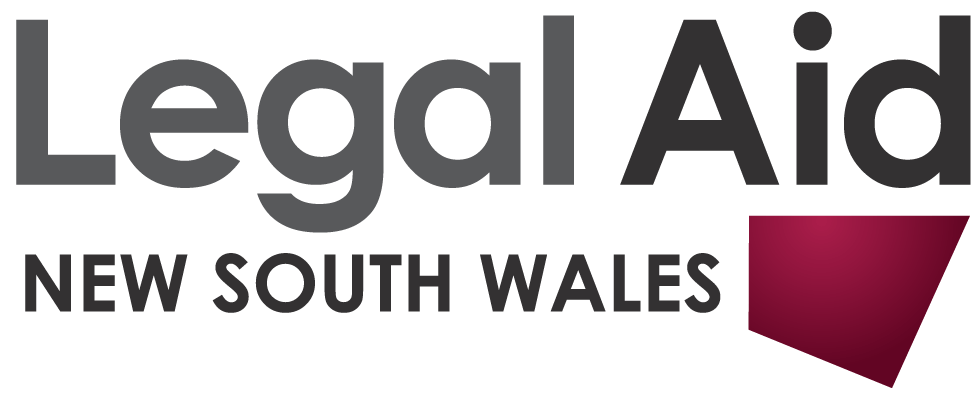Are vapes illegal in Australia? A comprehensive guide
Understanding the details of vape laws in Australia is becoming increasingly important. With vaping becoming a popular trend, especially among young Australians, there is a critical need for comprehensive regulations to protect public health. This article serves as a guide to navigating the complex world of vaping regulations and e-cigarettes in Australia.
Vaping has become a widely chosen option for many people looking for alternatives to traditional smoking. However, its growing popularity among young people has raised major concerns among health professionals and policymakers. These worries have resulted in strict laws aimed at reducing youth access and use, making sure that public health remains a priority.
This guide explains the current legal framework surrounding vaping in Australia, offering insights into recent changes in legislation and their effects on both users and non-users. By exploring topics such as how e-cigarettes work, specific regulatory measures, and enforcement strategies, we aim to provide readers with the essential knowledge needed to follow existing laws and reduce related health risks.
Understanding Vapes and E-cigarettes
To understand e-cigarettes and vaping devices, it’s important to know how they work and the different types available. E-cigarettes, commonly known as vapes, are electronic devices designed to mimic the experience of smoking tobacco. They do this by heating a liquid—usually containing nicotine, flavors, and other chemicals—into an aerosol that users inhale into their lungs.
How Vapes Work: Aerosol Delivery
Here’s how vapes work:
- Battery-powered heating element: Inside the device, there’s a heating element powered by a battery.
- Vaporizing the liquid: This heating element vaporizes the liquid stored in a cartridge or tank.
- Aerosol delivery: The vaporized liquid is then delivered as an aerosol, which sets e-cigarettes apart from traditional combustible tobacco products.
Unlike regular cigarettes that involve burning tobacco, vapes use this aerosol delivery method. While this eliminates some harmful substances associated with combustion, it doesn’t completely eliminate health risks.
Common Types of Vaping Devices
There are several types of vaping devices available, each designed to cater to different user preferences:
- Mods: These are advanced personal vaporizers with customizable settings for power output and temperature control. Mods often have larger batteries and tanks, allowing for longer use and more vapor production.
- Tank Systems: These devices have refillable tanks, giving users flexibility in choosing flavors and nicotine strengths. Users can mix different liquids to create their desired combinations.
- Vape Pens: Sleek and portable, vape pens are user-friendly devices perfect for beginners. They typically consist of a battery and a pre-filled or refillable cartridge.
Understanding these components is crucial for complying with Australian regulations regarding e-cigarettes. As the question “are vapes illegal in Australia?” becomes more relevant due to changing legal standards, knowledge of these devices helps both users and professionals navigate regulatory frameworks effectively.
In Victoria, for example, there are strict penalties associated with drug driving offenses which could include mandatory licence loss. This highlights the importance of understanding local laws not just about vaping but also about other legal matters such as drug driving offenses.
Moreover, if individuals find themselves facing legal issues related to personal safety intervention orders or are required to appear in courts like the Stawell Magistrates or Portland Magistrates Court, it’s crucial to understand the legal consequences involved. Such situations could arise from repeatedly violating a personal safety intervention order or even from serious breaches related to family law under the Family Violence Protection Act.
Lastly, users should also be aware that driving whilst suspended is another serious offense that carries its own set of penalties which could impact one’s ability to operate a vehicle legally.
Current Vape Laws in Australia
The vaping laws in Australia have changed a lot recently. The Australian Government is taking action to address health concerns, especially those affecting young people. They want to regulate how vaping products are used and made available, in order to reduce the potential dangers that come with using them.
Recent Legislative Changes
In recent years, the government has introduced strict measures to control vape usage. A major shift took effect with the ban on disposable vapes starting January 1, 2024. This regulation targets single-use devices that are often marketed towards younger demographics due to their convenience and lower cost. The ban aims to reduce the attractiveness of these products among youth and decrease environmental waste caused by disposable devices.
Additionally, starting March 1, 2024, all vaping devices will require import licenses. Importers must follow new licensing procedures to ensure that only regulated products enter the Australian market. This move is expected to limit the entry of unregulated and potentially harmful vaping products that have previously exploited loopholes.

Therapeutic Vaping Products Regulation
The introduction of therapeutic vaping products offers a different approach to managing nicotine consumption and helping people quit smoking. Beginning October 1, 2024, guidelines will permit the sale of therapeutic vapes at pharmacies, making these products subject to medicinal regulations.
Here are some key points about this regulation:
- Restriction on Flavors: Therapeutic vapes available in pharmacies will have limited flavor options. The goal is to eliminate appealing flavors that might attract younger users while still providing choices that assist adult smokers in quitting traditional tobacco use.
- Nicotine Concentration Limits: To ensure consumer safety and support public health goals, there will be strict limits on nicotine levels. These restrictions aim to offer an effective alternative for regular cigarettes without increasing addiction or health risks.
Implications for Consumers and Retailers
For consumers, it’s important to understand these changes so they can follow the rules and use vaping products safely. Whether someone is switching from smoking or considering vaping as a lifestyle choice, they need to be aware of these regulations.
- Purchasing Channels: Therapeutic vapes will only be available at pharmacies, so consumers are encouraged to seek professional advice when buying them. Pharmacists can provide personalized guidance based on individual needs while ensuring compliance with legal requirements.
- Retail Adjustments: Retailers will need to make significant changes in their operations due to these new laws. They must obtain import licenses and make necessary adjustments in their supply chain practices and inventory management.
These changes in legislation show Australia’s commitment to protecting public health while addressing the complex issues surrounding vaping.
Health Implications and Public Concerns Surrounding Vaping
The increasing prevalence of vaping among Australian youth presents significant public health concerns. According to youth vaping statistics, the number of teenagers engaging in vaping has surged over recent years. A comparative analysis between 2019 and 2022/23 reveals a marked escalation in usage rates, underscoring the need for urgent attention.
Vaping Statistics
- 2019: National surveys indicated that approximately 15% of teenagers had tried vaping at least once.
- 2022/23: This figure has spiked, with reports showing that nearly 25% of teenagers have experimented with vaping.
Several factors contribute to this rising trend:
- Perceived Safety: Many young individuals mistakenly believe that vaping is a safer alternative to traditional smoking, despite evidence indicating potential long-term health risks.
- Flavored Products: The availability of various flavors makes vapes particularly appealing to the younger demographic, fostering curiosity and experimentation.
- Social Influence: Peer pressure and social media portrayal of vaping as a trendy activity further encourage youth participation.
These trends are alarming considering the associated public health risks. Vaping has been linked to respiratory issues, nicotine addiction, and other adverse effects on adolescent brain development. The rising teenage use signifies an urgent need for targeted interventions and policy measures to mitigate these risks.
Effective strategies must include education on the dangers of vaping, restrictions on flavored products, and robust enforcement of age verification processes. Understanding these dynamics is essential for stakeholders aiming to safeguard public health and guide informed policy making.
Enforcement Measures and Compliance Challenges
Government Strategies to Enforce New Laws
The Australian Government has undertaken robust strategies to enforce new laws around vaping products, aiming primarily at curbing the burgeoning black market for illicit vapes. These initiatives are a response to mounting public health concerns, particularly the rising rates of youth vaping.
1. Increased Surveillance and Penalties
Authorities have increased monitoring efforts, employing sophisticated tracking systems to identify unlawful distribution channels. Enhanced penalties for violations ensure that offenders face significant repercussions, dissuading potential illicit activities.
2. Public Awareness Campaigns
Educating the public about the dangers associated with black market products is fundamental. Government-led campaigns highlight the risks of using unregulated vapes, focusing on health implications and legal consequences.
3. Collaboration with Law Enforcement
Federal and state agencies collaborate extensively to share intelligence and conduct joint operations, effectively targeting and dismantling illegal supply networks.
State vs. Federal Regulations: Understanding Discrepancies in Vape Laws
Navigating vape laws in Australia requires a clear understanding of both state-specific regulations and overarching federal guidelines. Notably, discrepancies exist between these layers of governance, creating complexities for compliance.
1. Prescriptions for Minors
Federal guidelines impose stringent restrictions on prescribing vaping products to minors, emphasizing the need for medical justification. However, some states have introduced additional criteria or allowances based on local public health assessments.
2. Access to Therapeutic Vaping Products
While federal law outlines general access protocols for therapeutic vaping products, states may implement distinct procedures concerning licensing and distribution. This can affect how pharmacists dispense such products within different jurisdictions.
Addressing Compliance Challenges
Compliance challenges arise from these regulatory discrepancies, potentially complicating adherence efforts for businesses and individuals alike.
1. Unified Communication Platforms
To facilitate better understanding and compliance with complex laws, authorities promote unified communication platforms that provide up-to-date information on both federal and state regulations.
2. Training Programs for Retailers
Retailers are pivotal in ensuring legal compliance. Targeted training programs equip them with knowledge about lawful practices concerning sales and marketing of vaping products.
3. Consultation Services
Seeking professional legal advice is crucial in navigating these challenges. For instance, EAS Legal offers specialized services to address issues related to compliance with new vape laws or disputes over therapeutic vaping products. Their expert team provides personalized guidance tailored to individual client needs.
By addressing enforcement measures and compliance challenges comprehensively, we aim to protect public health while ensuring lawful practices within the rapidly evolving landscape of vaping regulations in Australia.
Additional Resources for Legal Guidance on Vaping Laws in Australia
Understanding and complying with the evolving vape laws in Australia can be challenging. For those seeking clarity, legal advice on vaping laws is essential to navigate this complex regulatory landscape. Whether you are a business dealing with compliance issues or an individual facing disputes related to therapeutic vaping products, obtaining professional guidance is vital.
EAS Legal stands as a beacon of support for those in need of specialized consultation in this area. Our firm, with its commitment to excellence and client-first approach, offers personalized and strategic solutions tailored to your specific needs. Our team comprises seasoned professionals dedicated to protecting your rights and securing your future.
Key Services Offered:
- Compliance Consultation: Assistance with understanding and adhering to new regulations.
- Dispute Resolution: Expert advice on handling disputes related to therapeutic vaping products.
- Regulatory Advice: Guidance on import license requirements and purchasing protocols.
For individuals or businesses seeking legal advice on vaping laws, our offices in Melbourne, Sydney, and Brisbane provide private consultations to address your legal needs effectively. Our clients testify to our expertise, integrity, and success in navigating challenging times, ensuring a comprehensive approach to tackling any legal complexities associated with vaping regulations.
In addition to our specialized services regarding vaping laws, we also offer comprehensive support in other areas of law such as parenting matters, where our experienced team provides compassionate, child-focused legal support.
Frequently Asked Questions
Need to speak with a lawyer?
Our experienced lawyers are here to help you understand your legal rights and options. Contact us for a confidential discussion about your situation.

